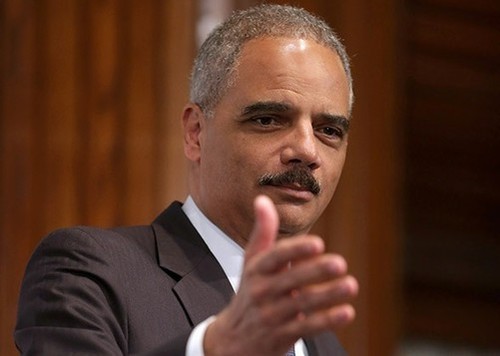
– Click through for more –
Source: racelessgospel.com
http://pedrocabiya.com/category/identity-politics/ Does beauty trump race?
can you buy prednisone over the counter in greece Or does it depend?
Is there more favor for beautiful people in general – regardless of race?
Is there more discrimination against ugly people – regardless of race?
Do we talk about discrimination against ugly people?
If not – why?
Don’t say because beauty is subjective. ‘Cause you know, Hollywood knows, and the music industry knows who’s beautiful (who sells tickets) regardless of race.
We know that individuals have preferences, but I’m talking the big picture. I mean the standard things like symmetry, even skin tone (without blemishes), and people who are not too skinny, not too fat, not too short, not too tall – these perfect middle of the road beauties. They have privilege. But more importantly, those who do not fit these perfect middle of the road norms are discriminated against – and we don’t talk about it. Why don’t we talk about it.
I think there is something deep here. Some prejudice that our whole society has that we don’t talk about. We celebrate beauty like crazy but we don’t talk about discrimination against the less beautiful.
I think the positive treatment of the beautiful and the discrimination against the less beautiful has a compounding effect over a person’s lifetime.
I think discrimination against the less beautiful can lead some of them toward depression, drugs, crime, incarceration. I think this is a big issue that no one talks about.
Yes, people have more to their identity then just their beauty or lack of it. But our society (Western Society) places a lot of emphasis on celebrating beauty. But how much time do we spend acknowledging that less beautiful people are being discriminated against all the time?
I say, add beauty to the intersectional graph and let’s stop pretending that it’s not a serious factor in people’s lives.
Like this:
Like Loading...











